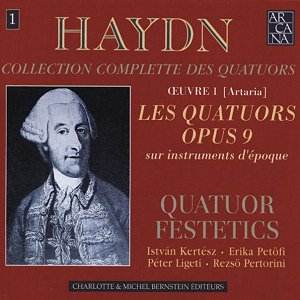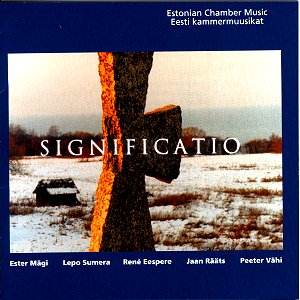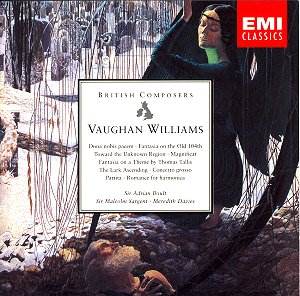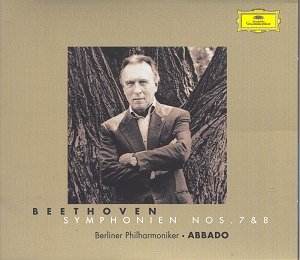 Composer: Joseph Haydn
Composer: Joseph Haydn
Works: String Quartets, Opus 9
Performers: Quatuor Festetics
Recording: Rec 6-9 August 1998, Bibliothèque des Techniques, Budapest
Label: ARCANA A411 [2CDs: 66.02+70.03]
Joseph Haydn stands as a pivotal figure in the development of the string quartet, and his six quartets of Opus 9, composed around 1770, mark a crucial phase in his evolution as a composer. These works, contemporaneous with his ‘Sturm und Drang’ symphonies, reflect a burgeoning sophistication and a deepening emotional palette. Unlike the more dramatic symphonic counterparts of the period, the Opus 9 quartets exhibit a nuanced exploration of character and clarity, revealing Haydn’s nascent genius in mastering the intimate dialogue that defines chamber music.
The performances offered by the Quatuor Festetics present a commendable interpretation of these quartets, showcasing both their technical prowess and a palpable understanding of the stylistic nuances inherent to Haydn’s writing. The ensemble’s use of original instruments adds an authentic dimension to the listening experience, revealing a rich tonal palette that enhances the clarity of Haydn’s textures. The recording captures this essence well, with an acoustic that strikes a fine balance between warmth and transparency, allowing the intricate interweaving of voices to emerge with vividness and detail.
Noteworthy within the interpretations is the treatment of tempo and phrasing, particularly in the Adagio of Quartet No. 4, where the Quatuor Festetics deftly navigates the contrasting lyrical flow and rhythmic insistence, creating a compelling narrative arc. The first movement of Quartet No. 1 exemplifies Haydn’s emotional depth, with its expansive phrase structure pulling the listener into a reflective state. The ensemble’s choice of dynamics throughout these movements conveys a keen sensitivity to Haydn’s expressive markings, particularly in the spirited Presto of Quartet No. 6, which bursts forth with energetic intensity, a testament to the ensemble’s ability to convey both urgency and joy.
Technical aspects of the performance are executed with remarkable precision; the players exhibit an understanding of the historical context that informs Haydn’s stylistic choices. The ensemble’s treatment of counterpoint, especially in the latter movements, reflects a sophisticated grasp of the dialogue between instruments, avoiding the pitfalls of mere thematic exposition. The closing Presto of Quartet No. 4 serves as an exemplar of this, where the interplay of the first violin and the accompanying voices unfolds with a blend of exuberance and cohesion.
Comparatively, while other recordings of these quartets—such as those by the Alban Berg Quartet or the Hagen Quartet—offer their own interpretative insights, the Quatuor Festetics brings a fresh vitality to the music. Their ability to blend technical finesse with expressive clarity sets a high bar, allowing listeners to experience Haydn’s imaginative breadth in a manner that feels both immediate and timeless.
This release encapsulates not only Haydn’s early explorations of the quartet form but also showcases the Quatuor Festetics’ commitment to authenticity and musicality. Each quartet unfolds with an engaging directness, characterized by a vibrant interplay that remains intellectually stimulating and emotionally resonant. The result is a recording that not only honors Haydn’s legacy but also invites listeners to appreciate the profound artistry at the heart of these works.



